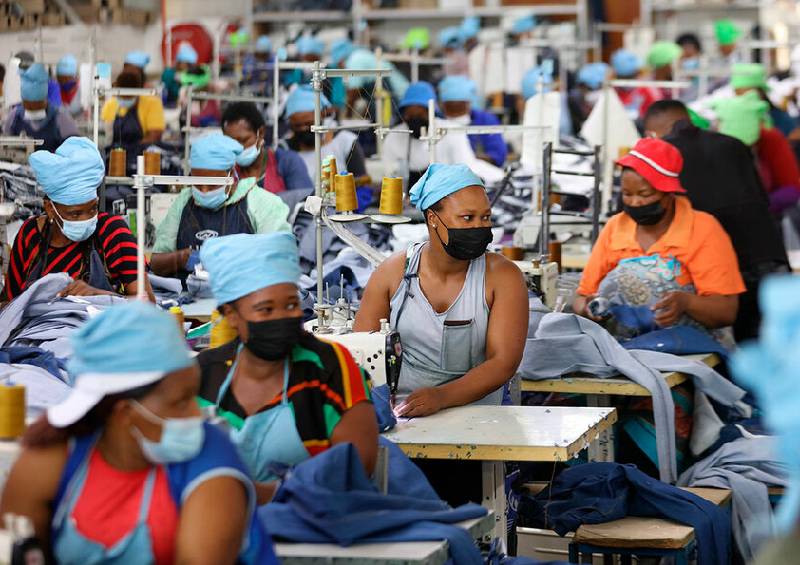By The Weekly Vision News Desk
The Judiciary and Judicial Service Commission (JSC) have come under sharp scrutiny after revelations that senior judicial officers and staff have been drawing hefty subsistence and domestic travel allowances, raising questions about accountability and adherence to the Salaries and Remuneration Commission (SRC) guidelines.
According to figures presented before the National Assembly Public Accounts Committee (PAC), the Chief Justice and Deputy Chief Justice each draw Ksh30,000 daily as subsistence allowance, while all Judges and the Chief Registrar receive Ksh25,000. In the third band, Chief Magistrates, the Deputy Chief Registrar, the Chief Kadhi, and staff in job groups PLS 16 and 17 collect Ksh20,000 daily.
The Auditor-General’s report for the financial year ending June 30, 2023, flagged the payments as irregular, noting they exceeded the rates authorised by the SRC in its circular dated February 2, 2022. Lawmakers, led by PAC chair Tindi Mwale, questioned why the Judiciary continues to set its own rates despite SRC’s constitutional mandate to regulate public officers’ pay.
Mathioya MP Edwin Mugo warned that unchecked financial discretion could open the door to disparities across state institutions. “Who regulates these allowances? How are these rates determined? The SRC usually conducts surveys based on prevailing economic conditions, but in this case the Judiciary appears to have side-stepped that process,” he said.
Chief Registrar of the Judiciary and accounting officer, Winfridah Mokaya, defended the contested structure, explaining that the JSC had benchmarked its rates with those of the Parliamentary Service Commission (PSC). She further cited Article 172 of the Constitution, which empowers the JSC to review and make recommendations on the terms of service for judges and judicial officers.
“The JSC interpreted its mandate under Article 172 vis-à-vis Article 230 of the Constitution, and after benchmarking, set the applicable rates. SRC issued its circular much later, and the courts affirmed the Commission’s position,” Ms Mokaya told the committee.
Her explanation, however, did not satisfy MPs, who argued that PSC’s internal benchmarks are not binding and many of its allowances have since been nullified by SRC. Samburu West MP Naisula Lesuuda pressed the Registrar to explain at what point JSC stopped adhering to SRC rates, if indeed it had ever followed them.
The Auditor-General’s office also opposed the Judiciary’s position, insisting that as a member of SRC, the Judiciary cannot exempt itself from collective decisions. Philip Cheboiwo, Director of Audit at the Office of the Auditor-General, told MPs: “The Judiciary already nominates a member to SRC to represent its interests. It should not appear to grant itself preferential treatment while other public institutions remain bound by SRC’s rates.”
The controversy underscores a growing national debate over state officers’ perks, with taxpayers footing rising bills for allowances ranging from travel to sitting fees. PAC has now demanded that the Judiciary furnish it with the Supreme Court ruling it cites as legal justification, alongside a full explanation of the benchmarking process it employed.
The outcome of this inquiry will determine whether the Judiciary can continue setting its own pay structures or whether it will be forced to conform to SRC’s regulatory framework, in the interest of transparency and public accountability.


![According to figures tabled before the National Assembly’s Public Accounts Committee (PAC), both the Chief Justice and Deputy Chief Justice receive a daily subsistence allowance of KSh30,000. [Photo: Courtesy]](https://theweeklyvisionews.net/wp-content/uploads/2024/09/KK.jpg)


